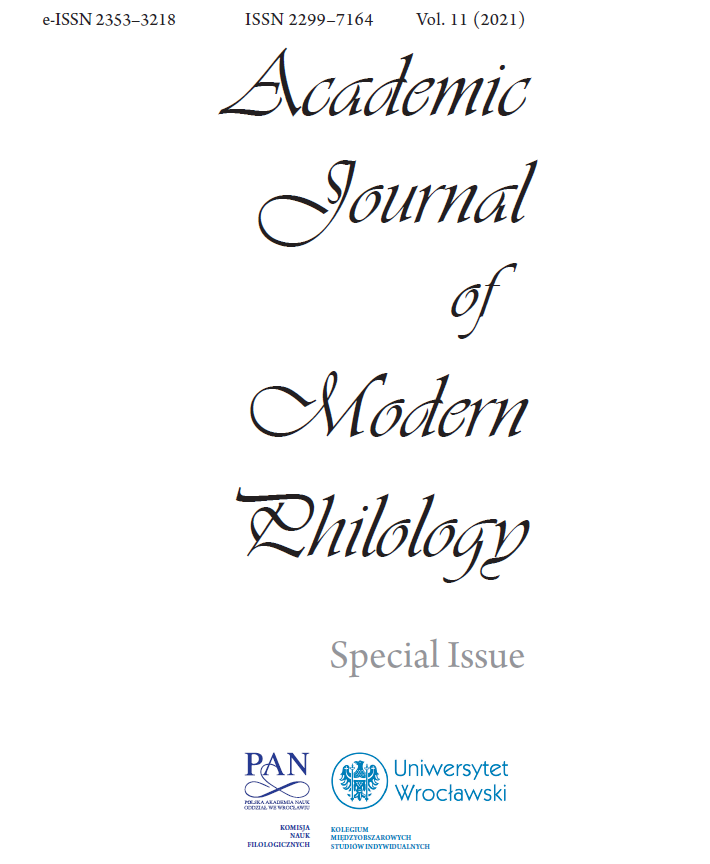„Miasto jest księgą”. Nieśwież w twórczości Władysława Syrokomli – prolegomena semiotyczne
“The city is a book.” Nesvizh in the Works of Władysław Syrokomla: Semiotic Prolegomena
Author(s): Krzysztof GarczarekSubject(s): Language and Literature Studies, Semiotics / Semiology, Studies of Literature, Philology
Published by: Komisja Nauk Filologicznych Oddziału Polskiej Akademii Nauk we Wrocławiu
Keywords: Syrokomla; romanticism; city; Nesvizh; semiotics; cultural code; spiritual space
Summary/Abstract: Ludwik Kondratowicz (1823–1862)—widely known as Władysław Syrokomla—is a Polish Romantic writer who lived and worked in the areas of today’s Lithuania and Belarus (then the region annexed by Russia). The main purpose of this article is to prove that Syrokomla treated urban space as a multi-layered sign structure referring to hidden meanings. By analysing the writer’s texts, the author of the article concludes that Nesvizh, as presented in the pages of Syrokomla’s works, is semiotic in nature. The writer treats the city like a “book” written as a historical and cultural text. Reading this text requires an appropriate spiritual and intellectual condition. It turns out that the meticulousness of the descriptions of urban space results from the belief that the meaning of individual objects can be properly recognized in a closed semiotic system. The objects presented by Syrokomla—due to their symbolic qualities—refer to the space of meaning, which is the history of Poland presented in a spiritual and mystical way. The texts analysed in the article reveal the desire to achieve spiritual fusion with the city space and its civilization, which is very close to the author due to the cultural code he uses.
Journal: Academic Journal of Modern Philology
- Issue Year: 2021
- Issue No: 11
- Page Range: 103-113
- Page Count: 11
- Language: Polish

